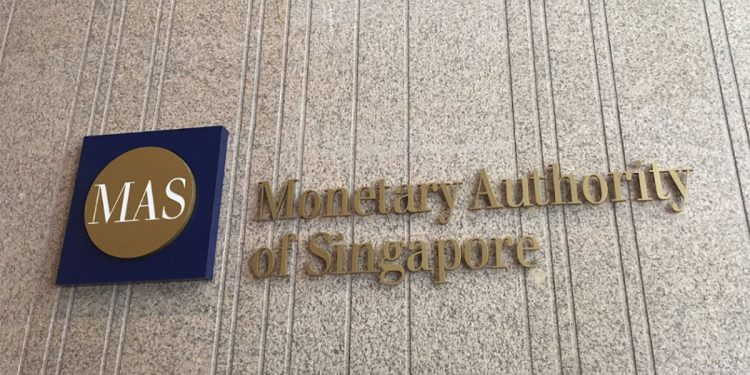Guidance on Net Zero Transition for Banks
The Monetary Authority of Singapore (MAS) has released a consultation paper to provide guidance on net zero transition for banks and improve their risk management capabilities.
MAS believes that the expectation of global warming will lead to changes in banking business models and risk profiles, and developing a sound transition plan can help banks improve their climate change adaptability and help customers complete the net zero transition.
Related Post: Hong Kong Monetary Authority Releases Net Zero Plan
Introduction to Guidance on Net Zero Transition for Banks
Net zero transition in banking refers to the internal strategic planning and risk management processes undertaken to address climate risks and potential changes to business models. Because of the close relationship between banks and their customers, the banking industry’s net-zero transition can also drive customers’ transition plans and effectively serve as incentives. MAS does not recommend that banks simply adopt a mechanism for divestment.
To complete the net zero transition, banks will need to continually use forward-looking risk management tools, such as scenario analysis and stress testing, to improve their understanding of physical and transition risk and ensure the sustainability of their business models. MAS recommends that banks actively set decarbonization targets and support global transition plans.
In addition to considering climate goals, banks also need to incorporate environmental risks into planning, such as nature-related risks. The banking industry can develop different plan lists in the short, medium, and long term, and regularly disclose to regulators, investors, and other stakeholders to enhance the implementation of the transition plan.

Contents of Guidance on Net Zero Transition for Banks
This transition guidance is divided into three parts, namely governance and strategy, risk management and disclosure.
On governance and strategy, MAS believes boards and senior management have an important role to play in the net zero transition. In Environmental Risk Management for Banks (ENRM), MAS has required them to incorporate environmental factors into their risk appetite and provide supervision.
MAS recommends that boards and senior management fully consider how the future operating environment may affect a bank’s risk capabilities. In addition, senior management needs to ensure that climate-related risks are integrated into operational strategies and that the bank’s approach to climate risks (such as remuneration incentive policies and performance measurement) is refined to ensure the effectiveness of the framework.
In terms of risk management, banks need to analyze the climate risks faced by their customers and assess whether their responses to climate change are adequate. These collaborations include capturing customers’ sustainability strategies, collecting data on customers’ climate-related risks, developing potential decarbonization trajectories, and understanding the supply chain risks. MAS recommended that banks guide clients to manage climate risks, rather than reject funding requests, and add costs to reflect the additional risks in pricing.
In addition to risk management for customers, banks also face risk management for investment portfolios. Banks hold assets that may change in value under different climate scenarios, and proper management can assess these risk factors in advance. MAS recommends that banks use climate scenario analysis and stress testing to understand the climate risks of asset portfolios and take measures (such as setting risk appetite, adjusting collateral valuations, increasing liquidity levels, etc.). Banks will also need to consider both direct risks (e.g., physical damage, carbon tax charges) and indirect risks (e.g., supply chain risks, carbon cost transfer) arising from holding assets.
In terms of disclosure, banks should disclose net zero transition information to stakeholders in accordance with international sustainable disclosure standards. These disclosures can allow the public to understand the background and related risk management strategies of banks in financing some carbon-intensive assets and avoid potential reputational damage and greenwashing risks. Banks can also use green taxonomy to convey information more effectively. MAS provides banks with a 12-month period to assess the suitability of the guidance.
Reference:
Consultation Paper on Proposed Guidelines on Transition Planning for Banks
Contact:todayesg@gmail.com








